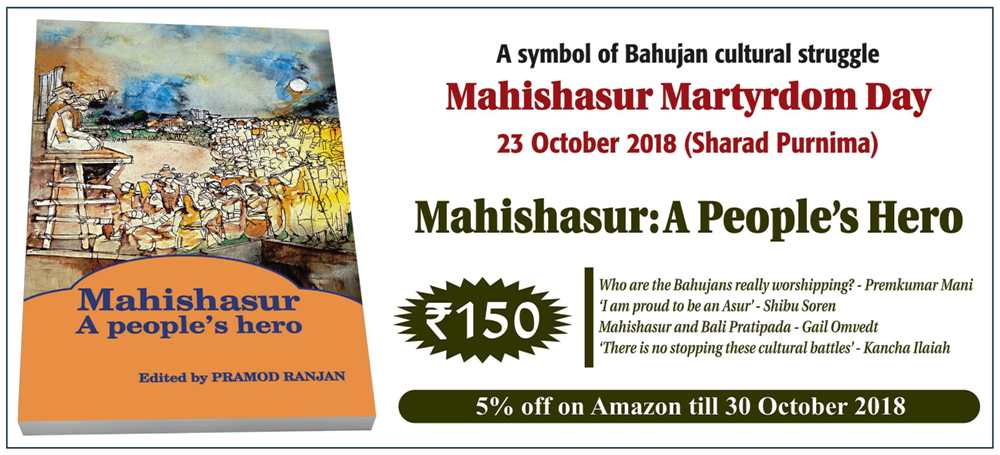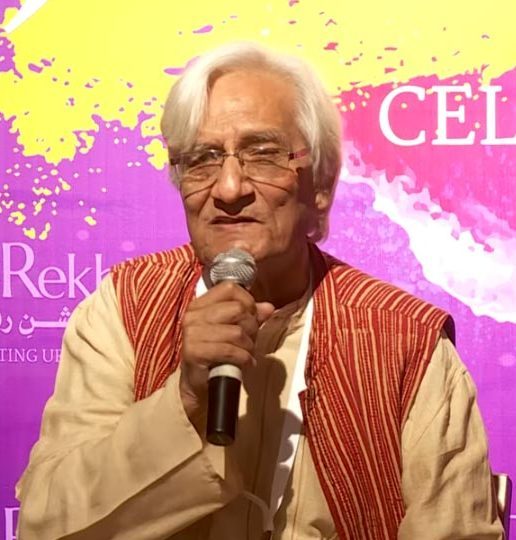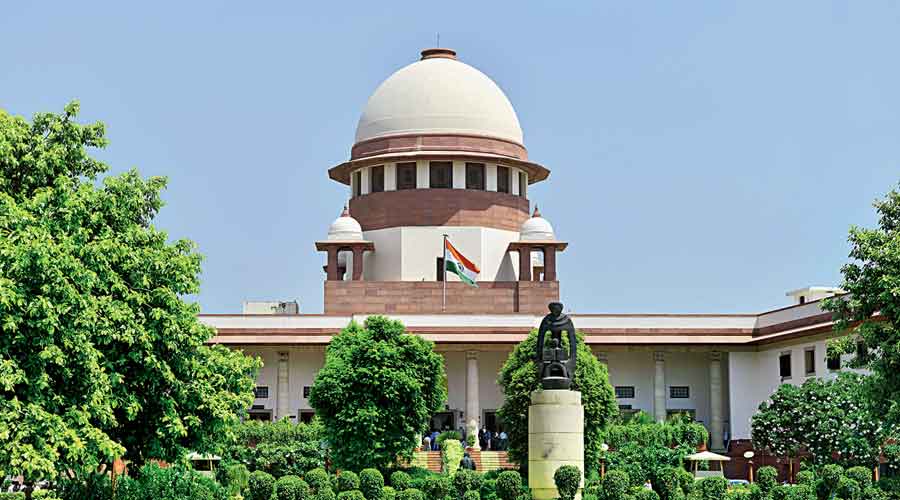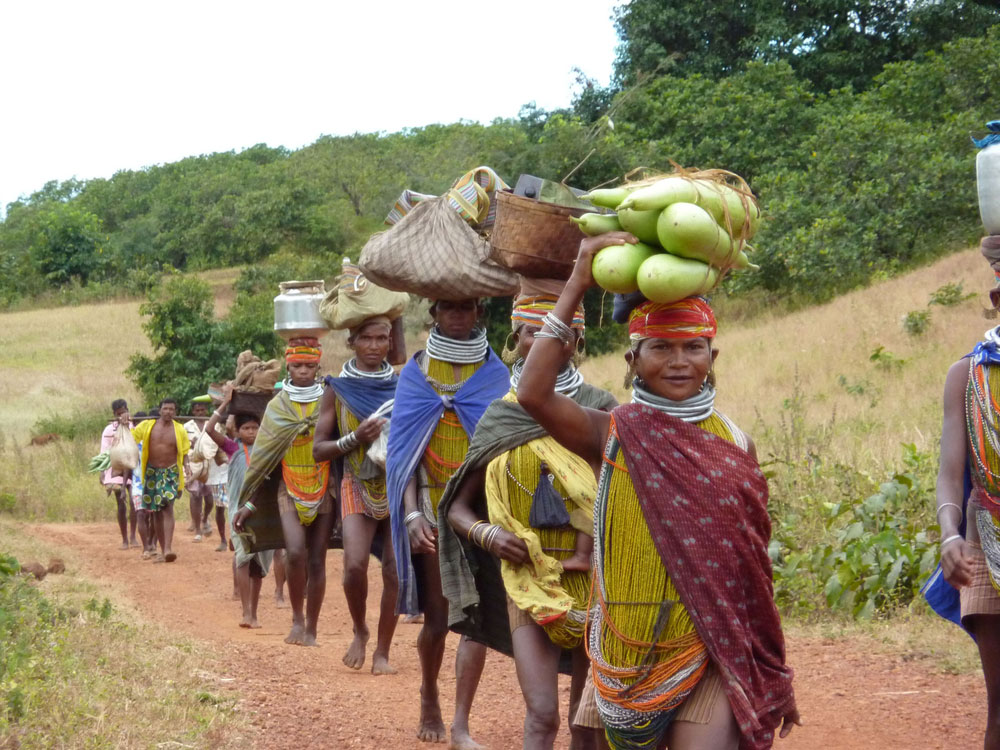On 2 May 2018, the University Grants Commission (UGC), removed over 4,000 journals and magazines from its list of approved journals. Among them were Forward Press, Economic and Political Weekly (online edition), Samayantar, Hans, Vagarth, Jan Media, Gandhi Marg etc. It is important to note that no research in Humanities can be complete without quoting from these journals. Along with these, UGC has also blacklisted magazines that publish content on Buddhist doctrines and on issues concerning the SCs and the STs. This means that researchers and professors will not earn UGC-prescribed points for their publications in these magazines.
We are consistently publishing articles on this issue to apprise our readers of its seriousness and its implications. In this series, we are presenting the views of historian Harbans Mukhia and sociologist Sanghamitra Acharya- Managing Editor
Mass mobilization needed for academic independence
- Kamal Chandravanshi
Who will come to our help, is the argument. How many intellectuals and how many magazines can they reject? In the academic circles, many ways are being discussed, but nothing seems to be working. No matter how you shuffle your cards, the result is the same. Perhaps, here too, a surgical strike is needed!

Eminent historian, Harbans Mukhia says, “We are witness to a chain of unexpected events in India. These events are taking place in the entire world and are described in social sciences as events of dual impact. On the one hand, the democratic right of voting is being used by large sections of society. And, it includes those who are at the bottom of society. At the same time, the election process is being rigged in complex ways. And this has led to concentration of country’s wealth in the hands of the top few. This whole process is depriving the people of the benefits of power that come with the voting right. More importantly it is depriving them of economic benefits. So, we are clearly looking at the destruction of political democracy as well as that of material welfare of the society.”

Born in 1939, Harbans Mukhia is a prominent historian, whose principal area of study has been Medieval India. Among the most credible Indian historians, Harbans Mukhia studied at Kirorimal College and is the author of more than a dozen books on history and numerous research papers. The author of the much-discussed, Mughals of India (2004), Historians and Historiography during Reign of Akbar (1976), Perspectives of Medieval History (1973), Exploring India’s Medieval Centuries (2010) etc, Harbans Mukhia is a reputed national and international scholar.
- Forward Press, EPW (online edition), Hans, Jan Media, Samayantar etc., have been dropped from the UGC list
- The action of UGC has drawn sharp criticism from the academic world
Mukhia says that “This can be stopped by mobilizing the masses. To create awareness, it is necessary that we take to the streets to launch a movement to make the people aware. Nothing else can come to the aid of research and creation of people’s literature. It is important to note that along with the collapse of various institutions, we are also seeing the rise of resistance in India and in the entire world. Forward Press has taken upon itself the responsibility of generating important intellectual content with seriousness and honesty. It has the support of all those who are restless about the current scenario and concerned about the situation into which the politicians, corporate houses and media houses are dragging us. A strong alternative media cannot come about without the coming together of smaller contributors. Powerful groups want to restrict organizations like the Forward Press that are built on the fundamentals of independent thinking. The UGC has attempted to restrict independent thinking by de-listing selected journals such as the Forward Press. This has to be opposed.”
READ: UNDER RSS INFLUENCE, UGC, STOP ASKING QUESTIONS
Harbans Mukhia has been a professor of medieval history in the Centre for Historical Studies at the prestigious Jawaharlal Nehru University. After retiring from the Army in 2004, Mukhia has been active in research work. He was also associated with the Indian Council for Historical Research. Recently, he had tried to counsel the government when it began changing the names of roads. From public works department to the University Grants Commission, it is quite obvious that the government is beating everyone with the same stick, he says.
- Forward Press has been seriously and honestly creating important literary content: Harbans Mukhia
- Forward Press is known for research based on verified facts: Sanghamitra Acharya
Harbans Mukhia says that when we look at Akbar or Aurangzeb (or anyone else) as mere ‘good’ or ‘bad’ Muslims, we are only falling into the trap of the colonial mindset. We are also ready to unquestioningly believe that Hindu rulers were necessarily ‘good’. We can discuss whether Dr Kalam, a great scientist, a remarkable human being and a patriot, would have liked to be judged through the colonial lens and be placed in a category. What would he have said about having a road named after him, not for his achievements, but because he was a ‘good’ Muslim, as opposed to Aurangzeb, who was a ‘bad Muslim’
Anyway, Mukhiya has now counselled the government for the second time and in the present context, his few words should be considered adequate for the government and UGC.
Imposing biases dangerous for communities: Sanghamitra Acharya
The Forward Press has shown remarkable enthusiasm. It has displayed strong and vocal determination. In fact, Forward Press has been known for its research based on verified facts.

This was stated by Sanghamitra Acharya, eminent sociologist from the Jawaharlal Nehru University, when asked about the importance of a journal that focusses on the ideology and issues related to OBCs, SCs and STs.
When asked about her opinion on the action taken by UGC on the other journals and magazines, she said that the action was illogical. Journals and magazines create a space for themselves through quality. Clearly, these journals and magazines are a good read and that is why the readers and the academic choose them.
Compared to European countries, creation of knowledge is rather slow in India. When asked what social, cultural or structural reasons were behind this, Sanghamitra Acharya said, there was no lack of knowledge in India but in the academic circles, many deserving people are held back due to favouritism and prejudices, which are based on social identities. This comes in the way of creation and development of knowledge. This bias is based on pre-existing prejudices related to gender, caste, religious or regional identities.
What steps should the government, UGC or Higher Education Commission take to improve the quality of research work? In her opinion, it is important that young researchers are encouraged and researchers and their guides have a rapport. Researchers should be provided with scholarships and housing allowances and stipend for conducting academic activities. There should be an active dialogue between researchers and policy makers.
Sanghamitra Acharya is a leading sociologist in the Jawaharlal Nehru University and has held many distinguished positions. She is an Associate Professor, since 2001, in Social Medicine Centre and Community Health, Social Sciences School at JNU. She has worked as a visiting professor for population research in well known universities in the US, Philippines, Mumbai and Thailand.
READ : SCHOLARS CALL FOR MOBILIZATION AGAINST UGC’S DIKTAT
In all, the experts in the academic field are of the view that the government was trying to destroy everything that would make for a stronger youth. It has pushed an entire generation back by several years. There is no end to its woes.
Holding the history
of centuries in my fist
I have set out to look for time
At every turn in my life
I have looked for time
At every cross
Which still bears the blood stains of the rebel
In every cup of poison
Which retains the marks of the lips
Of the one who dared to question
(This a rough translation of a poem by historian Harbans Mukhia, who also writes poetry. At one time, he had written several songs in Urdu, which were published in Shab Khoon – a famous magazine published by Shamsurrahman Farooqui. Some of his poems have been translated into Hindi)
Translation: Maitreyee Saha. Copy-editing: Amrish Herdenia
Forward Press also publishes books on Bahujan issues. Forward Press Books sheds light on the widespread problems as well as the finer aspects of Bahujan (Dalit, OBC, Adivasi, Nomadic, Pasmanda) society, culture, literature and politics. Contact us for a list of FP Books’ titles and to order. Mobile: +917827427311, Email: info@forwardmagazine.in)
The titles from Forward Press Books are also available on Kindle and these e-books cost less than their print versions. Browse and buy:
The Case for Bahujan Literature
Dalit Panthers: An Authoritative History





